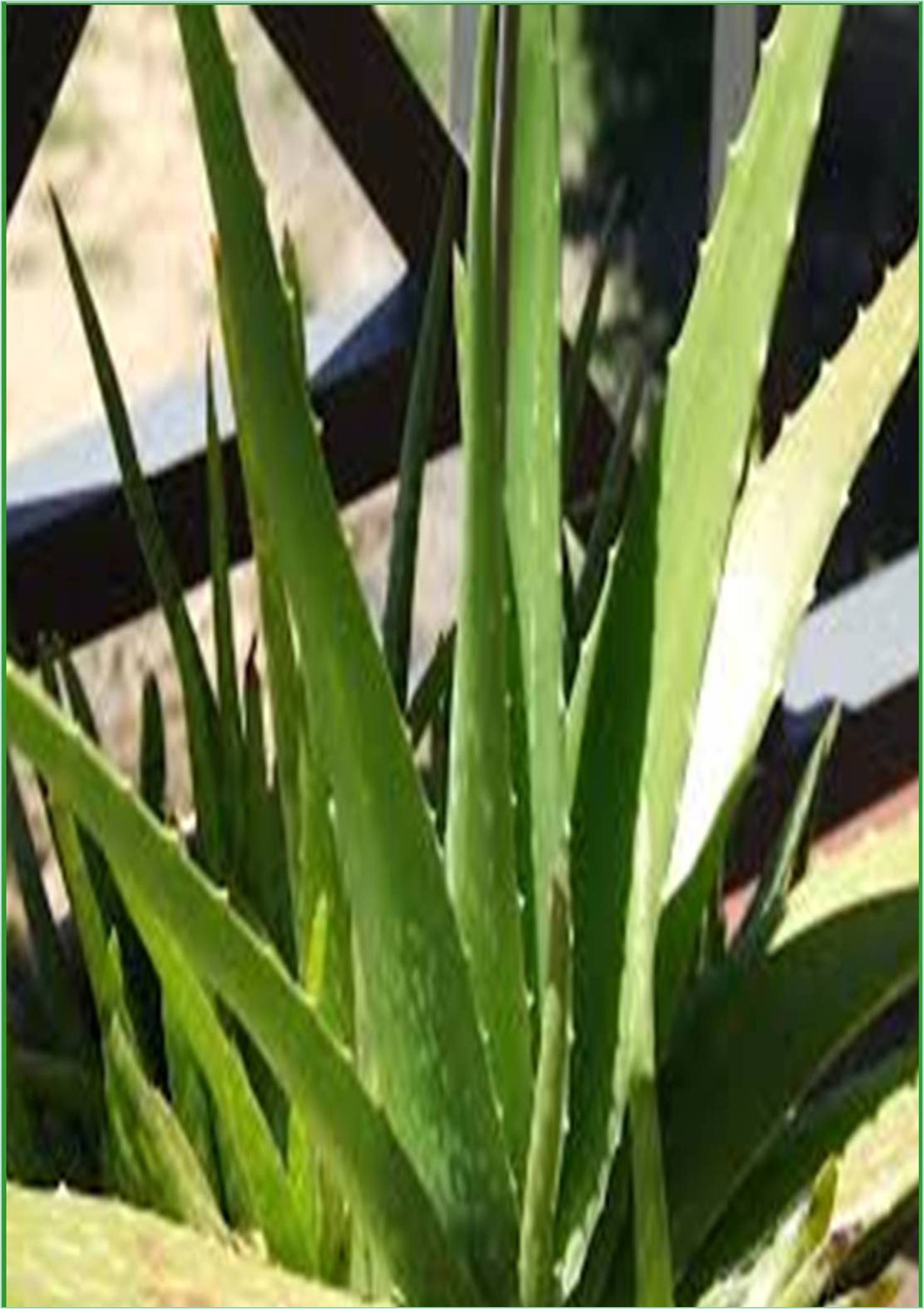



Received: 29-Nov-2022, Manuscript No. GJMPR-22-88082; Editor assigned: 02-Dec-2022, Pre QC No. GJMPR-22-88082(PQ); Reviewed: 19-Dec-2022, QC No. GJMPR-22-88082; Revised: 23-Dec-2022, Manuscript No. GJMPR-22-88082(R); Published: 30-Dec-2022, DOI: 10.15651/GJMPR.22.7.081
Hemorrhoids are a reasonably common anorectal illness that are characterised by symptomatic swelling and distal displacement of the natural anal cushions. Hemorrhoids have reportedly plagued people as a sickness from the dawn of recorded human history. Over half of men and women over 50 may develop haemorrhoid symptoms at some point in their lives, making haemorrhoids a prevalent condition among adults. Internal haemorrhoids were the third most frequent colonoscopic finding (7.5%), according to a study conducted at Ayder Referral Hospital. 13.1% of adult patients who went to the surgical outpatient department at the University of Gondar comprehensive specialty hospital, according to a different survey, had haemorrhoids.
As observation indices, the clinical effective rate, symptom score, and incidence of significant clinical events were utilised to assess the effectiveness of the Sophora flower remedy. In the Sophora flower formula group, improvement was seen in 87.0% of the patients' primary complaints after 7 days of treatment, compared to 81.8% of patients in the placebo group. After 14 days, patients who received the Sophora flower formula were 78.2% symptom-free compared to 40.9% of those who received a placebo. The variation between the two groups, though, was not statistically significant. Regardless of the usage of the Sophora flower solution, the patients' symptoms substantially improved as their bowel habits improved and as they took sitz baths. The traditional Chinese Sophora flower compound to be clinically safe; nevertheless, further research on its benefits on haemorrhoids is required using a larger sample size and various dosages. The findings of the current study could serve as a potential clinical guide for doctors who are writing prescriptions for individuals with bothersome haemorrhoids.
Hemorrhoids are often categorised according to where they are located and how much they prolapse. Hemorrhoids can be internal, external, or mixed, depending on where they are. Hemorrhoids are categorised as Grade I to Grade IV according to Goligher's classification, which is a widely used grading system. Depending on the type, haemorrhoids can cause a variety of symptoms, most of which go away in a few days. Internal haemorrhoids, in contrast to external haemorrhoids, are rarely painful unless they are thrombosed or necrotic. Hemorrhoids patients typically complain of bleeding during or after defecation, which is frequently made worse by straining. The most prevalent cause of bleeding is internal haemorrhoids.
Depending on the severity and scope of the symptoms, haemorrhoids can be treated with food and lifestyle changes, medication, and surgical procedures. To reduce symptoms, stop their progression to more severe states, and avoid complications, conservative treatment approaches are needed. When non-operative methods have failed or complications have happened, surgery is indicated. Hemorrhoids can be managed using topical treatments like creams, lotions, and suppositories that include a variety of substances (local anaesthetics, corticosteroids, antibiotics, and anti-inflammatory medications). Although these medications aid in symptom improvement, there is a lack of compelling data to support their actual efficacy. Currently, herbal medications are dominating other options for treating a variety of ailments. For the treatment of their illnesses, about 90% of Ethiopians rely on traditional medicine, primarily herbal remedies. Hemorrhoids were listed as the fourth most often treated illness in Addis Abeba, Ethiopia, by traditional healers. Therefore, the goal of this systematic review was to compile and organise findings on the use of herbal remedies in Ethiopia to treat haemorrhoids.
Historically, medicinal plants have been utilised to maintain health through the prevention and treatment of illnesses, especially those that are chronic. Hemorrhoids are reportedly the fourth most often treated illness in Addis Abeba by traditional healers. As more people in today's culture look for natural remedies, herbal medicines are becoming a more significant component of alternative medicine. It has been claimed that herbal remedies can reduce the pain, bleeding, and itching associated with haemorrhoids. Along with reducing hemorrhoidal cushions and rectal prolapse, they help hasten wound healing. There are a variety of modes of action, including documented venotonic, antiinflammatory, anti-nociceptive, venoprotective, and stoolsoftening actions.